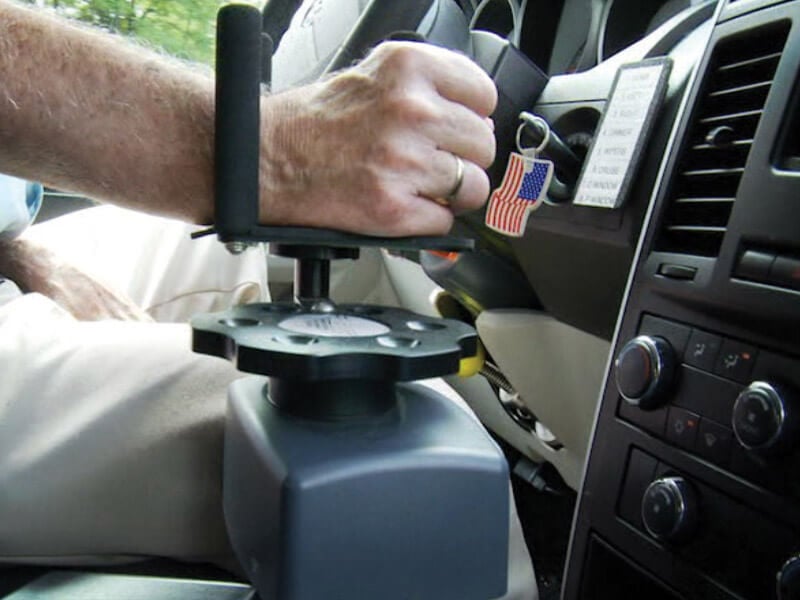The Mobility Resource Blog
At The Mobility Resource, we strive to help seniors and people with disabilities live fulfilling lives by keeping them active and on-the-go. The objective of our blog is to educate and inform you about a wide range of topics from wheelchair vans for sale, innovative adaptive driving equipment, assistive technology and lifestyle advice that help to improve the lives of people with disabilities.
Featured Posts
Driving
Driver Rehabilitation Specialists – Keeping Everyone Safe On the Road
With the last of the baby boomers turning 60 within the next few years, America’s aging population is accelerating rapidly, with projections indicating a significant surge in the next...
Driving
Getting In and Out of a Vehicle Made Easier
Custom Seating Solutions for Drivers and Passengers For individuals facing difficulties entering and exiting vehicles, a little extra maneuverability can significantly improve accessibility for daily commutes. These challenges, whether...
Driving
New Toyota Hybrid Wheelchair Vans Available for Pre-Order
Major Conversion Manufacturers Bring Toyota Hybrid to the Mobility Vehicle Market Two of the largest wheelchair van manufacturers in the mobility industry are now taking pre-orders on their uniquely...
Editor's Picks
Driving
Wheelchair Tie-Down Floor Anchors for Accessible Vehicles
How do you tie down a wheelchair in an accessible wheelchair.
Driving
Safety on the Road: Vehicle Emergency Preparedness for People with Disabilities
For a person with a disability, creating a mobility emergency plan is critical for safety on the road. Megan Cutter shares tips to create an emergency preparedness plan.
Advocacy
What Full Inclusion Really Means
I know that I do not have a corner on the truth. While belief systems and worldviews tend to get mired in rhetoric, the big picture of inclusion (specifically...

























